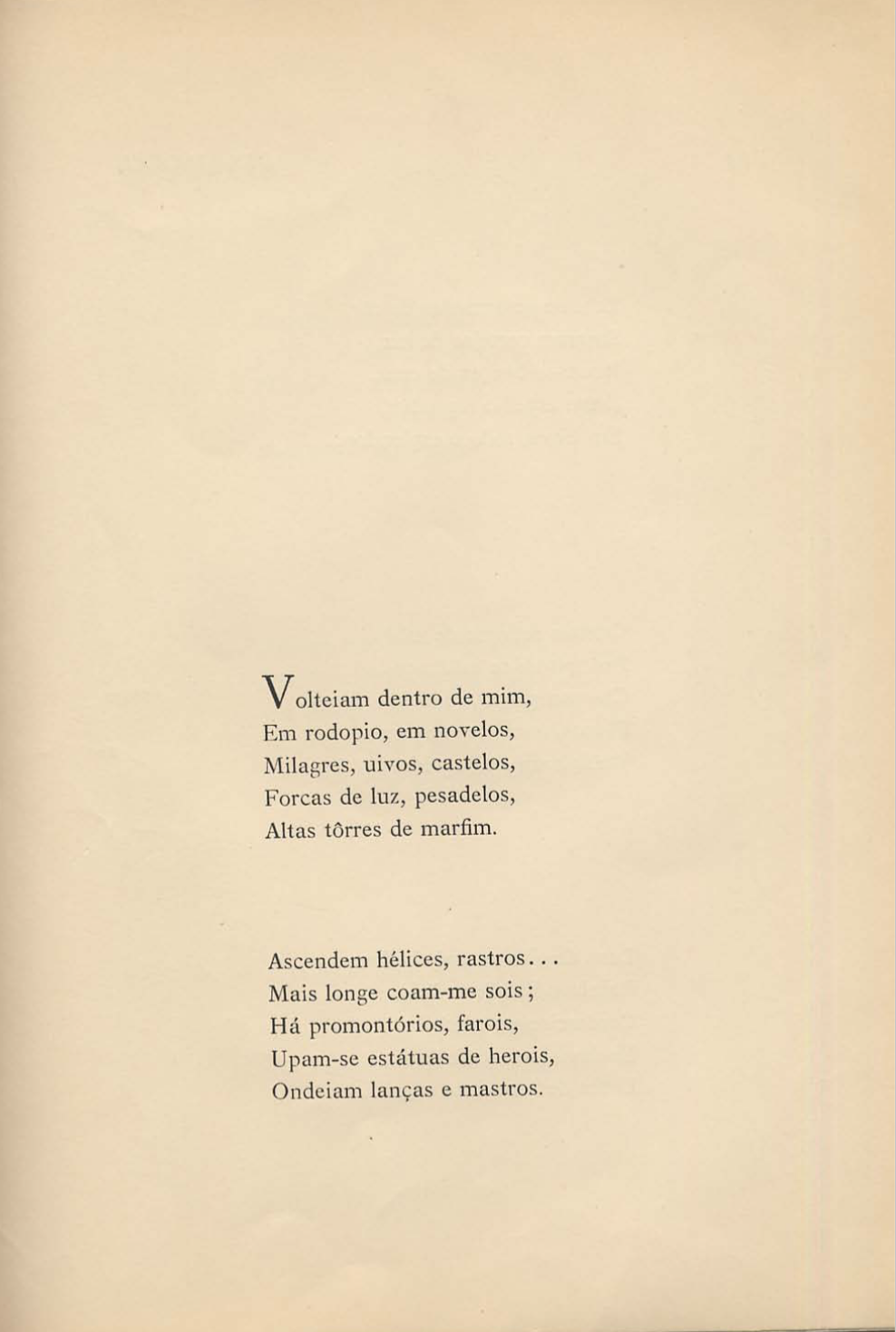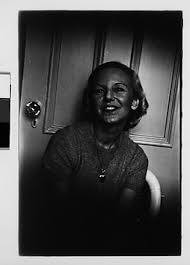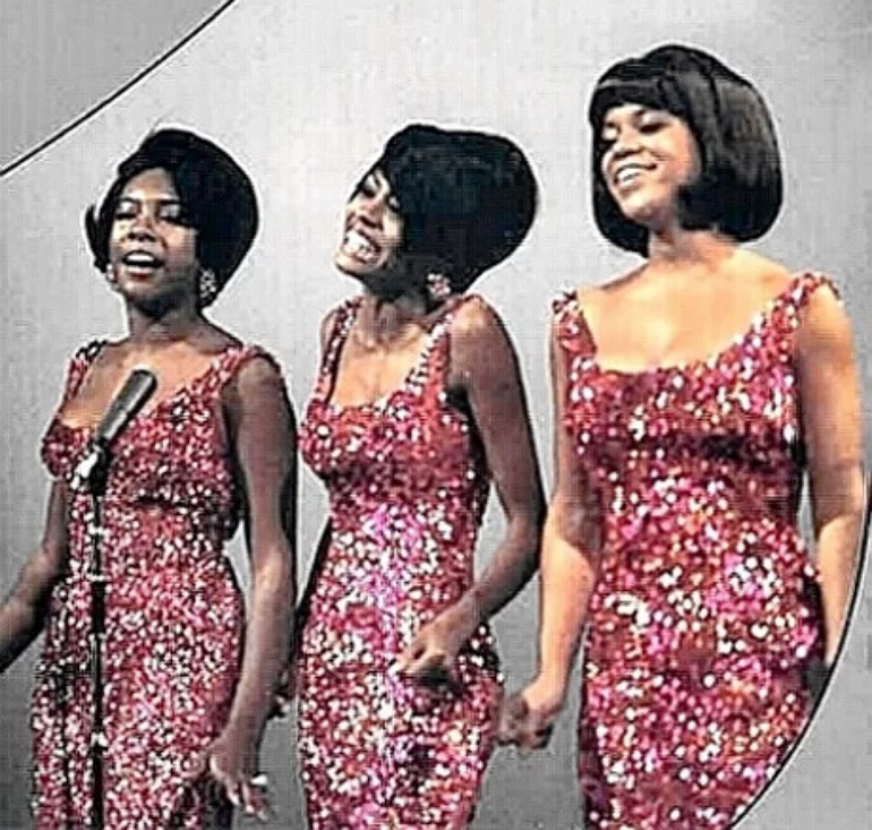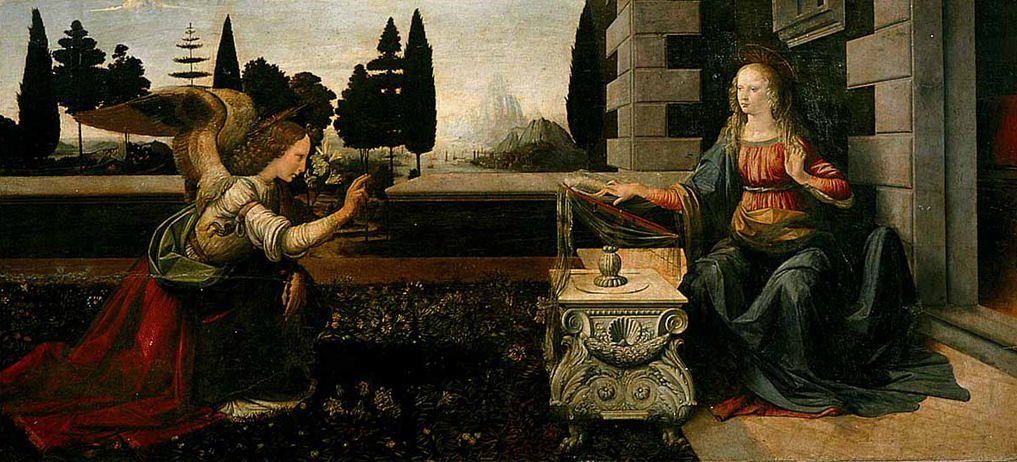
ABANDONAR
ALVOS
NOBRES!



"EILISH IS 18 YEARS OLD, AND ANYONE WHO HAS EVER BEEN THAT [...] WILL LIKELY RECALL A JUVENILE PREOCCUPATION WITH WHAT'S REAL AND WHAT'S fake THAT MOST LIKELY AROSE DURING HIGH SCHOOL" -- anyone who has ever made it past eighteen knows now that there are other realities created in songs and in stories, and there are truths not necessarily the truths of stark, individualised confessionals in the classical singer-songwriter mold -- we are grown ups now and we can divorce ourselves from the myth of the great genius of feeling -- and i don't even mean this all morte de l'auteur, we all know that the music of the supremes is 'real' -- that is, emotive -- while being impersonally, calculatedly manufactured as a commodity -- like all of great hollywood, old masters' masterpieces workshop-produced for nobility's egos -- "NEVER GIVEN A FUCK ABOUT THAT MUSIC BEFORE IN MY LIFE", CALLINAN SAYS OF HIS FIRST EXPERIENCE MAKING EDM, A GENRE HE SUMS UP AS "AESTHETICALLY DISPLEASING AND PRETTY UNEXCITING AS AN IDEA", BUT WITH A "EUPHORIA THAT'S JUST INFECTIOUS". HE TRIED LISTENING TO DAVID GUETTA AND CALVIN HARRIS, HE SAYS, BUT NOTHING BROUGHT ON THE EUPHORIA LIKE SWEDISH HOUSE MAFIA. "I HEAR 'DON'T YOU WORRY CHILD' IN A GAS STATION OR ON THE RADIO SOMEWHERE, IT'S LIKE -- I'VE CRIED TO THAT SONG. I'VE EARNESTLY JUST WEPT", HE SAYS. "THAT'S WHAT IT'S ABOUT, GETTING PAST YOUR OWN FUCKIN' IDEAS ABOUT MUSIC OR ART OR CULTURE AND REALISING IT'S ALL JUST ABOUT THE HEART. ONCE YOU CAN OVERCOME THAT, THE WORLD'S A FAR MORE BEAUTIFUL PLACE WITHOUT JUDGEMENT"




daniel johnston is all about the heart and the sign of the heart -- a songwriter people have always venerated for a perceived 'realness', a straightforward honesty of self-expression -- there is a strange paradox in the way people discuss his work, because on the one hand, he is the collective voice of all our desire and pain, the invaluable human (auto)biographer, but yet he's not quite a poet, he's not quite a cohen or a mitchell, he can't quite be 'like us' on account of his illnesses -- there is an implicit condescension -- he can talk for us but not quite to us, and us not quite to him -- bollocks to that of course because he was a genius, a phenomenal lyricist (pianist, illustrator, observationist), and what's more he was a world-maker, not a dumb conduit, he was a fantastic, wonderful mythologiser -- forgive me but what would the foucault of madness and civilisation have made of daniel johnston's reputation, for sure the writing was already on the wall -- and sure enough when the obituaries came last autumn there was this same sense that you can't extricate the illness from the work -- that such honesty is a manifestation of that illness (so we have a misreading of his songs on a double level: total honesty, total illness!)
-- 'she said i was a real loser / at least i'm real / and being real sometimes / is a losing game' ('lullaby', 1982) -- 'i was shadow boxing / and my shadow punched back / can you imagine / my surprise?' ('fighting with myself', 1984) -- 'and i saw you at the funeral / you were standing there like a temple / i said 'hi how are you? hello' / and i pulled up a casket and crawled in' ('grievances', 1981) -- 'listen up and i'll tell a story / bout an artist growing old' -- i don't want to be overly contrarian, there is obviously in what johnson wrote a certain kind of emotional honesty, an individualist style impossible to replicate with grander (tho no less real) machines, to which we are drawn, especially when we're young -- not just because it's the age where our feelings begin to broaden out ahead of our language, but because it's the age when we first become really critically aware of artifical language, of coercive power and performance and insincerity, of fake-ness as a negative trait -- certainly daniel johnston speaks past that both as an open mythologiser and an open human being -- again, not to be overly contrarian, not to deny the honesty in these songs but i also don't want to simplify that honesty, reduce his songs to honesty alone if that were their greatest and defining trait -- we're not entirely wrong to look for openness as listeners and to try for openness as writers but it's just that eventually we understand that openness is not enough -- anyhow, language like all the old time modernists will rant on about is insufficient anyway, and it's its own terrain, and its truths and its vectors don't correspond exactly with old-fashioned truthometers -- that's what i have learned now six years later, at 24 yrs, about this honesty business, and what i think now about this record, an attempt at greater honesty and lesser obscurantism i can now understand and revise as just a different approach to manufacturing of self